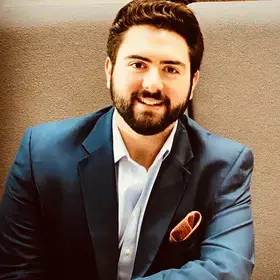In August, I joined Dr. Beth Fisher-Yoshida and Prof. Aldo Civico in a new AC4 project on Urban Violence. The project is designed to provide practical support and advice to young community leaders in cities where day-to-day lives of the youth are disrupted by violence.
We went to Medellin, Colombia where the scale of gang violence has been endemic since the early 1990s, with the emerging of paramilitaries during Pablo Escobar’s war with the state. We wanted to meet the youth to hear their life stories and to learn about their initiatives. I met some incredibly inspiring young leaders who truly love their city and are passionately working to bring about change in their communities. During my interviews with different youth groups, I realized that they are cognizant of their role as change agents in promoting peace in their neighborhoods. They do this largely through the arts, a venue that has proven to be successful in violence prevention in Medellin. Through hip-hop and graffiti art, youth organizations and individuals have created great projects in the last decade.
To enhance their enthusiasm and push further this driving force for change, we held workshops where we introduced NECR theories and skills such as the Dynamical Systems Theory (DST) and Coordinated Management of Meaning (CMM). Through the tools and concepts of DST they could map the complexities of their systems and identify areas in which the youth can focus their energy and find means to intervene for improvement. Through CMM we provided them with the opportunity to share and honor their own stories and experiences, to capture their own joys, and to transform pain into something positive. The workshops were comprehensive with in-depth discussions and transformative experiences. It was exceptionally inspiring to witness the applicability of the academic tools I have studied in the program, to see that the tools and concepts can be used beyond academic settings and can have a remarkable impact. By combining our theoretical expertise and resources with their skills in survival and their resilience, our workshops offered life-changing experiences for all participants. We were all learning something new and significant from one another.


